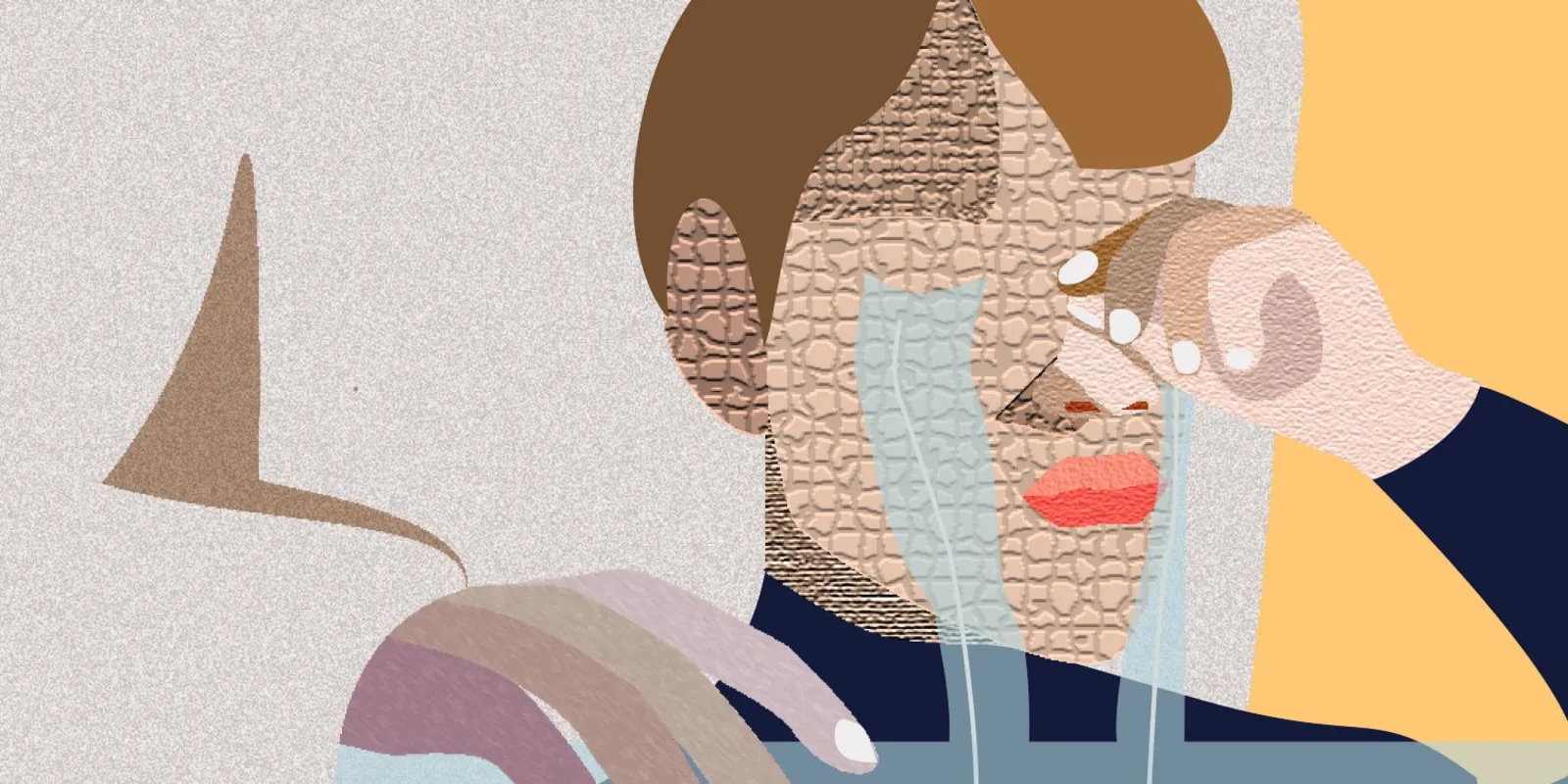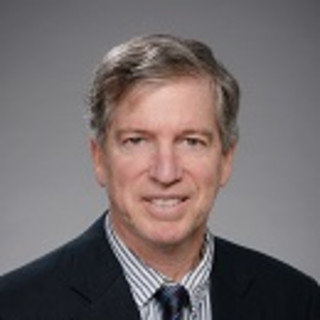This story is part of a series exploring the world of medical volunteer work overseas and the ethical dilemmas that should be considered.

Lying atop the stark metal hospital bed was a sheet-covered shape scrunched into fetal position. Carmelino, Juanito’s father stood solid and strong in the corner of the room, short in stature consistent with his Mayan heritage. His skin was caramel brown and weathered in contrast to his son’s whose arms and legs were freckled with all shades of white, brown and black beneath the sheet.
As I lifted the sheet, I tried to pretend that nothing was wrong. The smell of dead and dying flesh was so putrid that I could taste it. I searched for Juanito’s eyes, nose and mouth amidst the mountains of ulcerated tissue that looked like a mutant mushroom. No human features were distinguishable. The smell was faintingly strong; I tried not to pull away especially in front of Carmelino. Although Juanito was blind, I was sure that he too would be able to tell if I did. I touched his hand, gently at first to see if he was awake and he responded with a tiny squeeze.
Juanito was 9 years old, but the size of a 5 year-old. I wanted to touch him with bare hands to convey my fearlessness in the face of his isolation, but I reluctantly put on a pair of gloves. I lifted the tumorous mass up and away from his mouth. Thank goodness it did not enter the oral cavity. This would make anesthesia easier. Next, I said something to Juanito in Spanish, not knowing whether he could understand me since his native language was K’anjobal, pronounced cah-nuh-val with a raspy “h”. There was no response or recognition. Clearly, he was miserable. He was blind to images, but Juanito’s whole face squinted to keep out the light which seemed to hurt his eyes. I replaced the sheet, then turned to Carmelino who understood Spanish from his time working in Miami. I was not sure if his silence was based on mistrust, timidity or fear that he had made the wrong decision to bring his son to the hospital 15 hours from their village to be operated on by a surgeon who would be around for only 3 days. I took a chance and put a hand on Carmelino’s shoulder and held it there. I needed him to know that I understood his needs and fears, the need to feel that he had done all he could to protect Juanito and the fear that the operation might increase his son’s suffering. He seemed to soften, man to man. No words were necessary. Just touch.
Juanito was born with Xeroderma Pigmentosa. The concept of genetic inheritance cannot be explained in K’najobal. The elders from the village believe that the parents of the many children who have XP have been cursed. The affected children cannot repair their DNA that has been injured by normal ultraviolet radiation or sunlight. Their faces are being eaten away by massive, verrucous skin cancers induced by the sun. Most of the children have gone blind long ago from the same autosomal recessive disease which is so rare in the United States but affects at least 14 children in this isolated village in Guatemala.

I left the room and searched inside myself for the same confidence and hope that I was attempting to communicate to Carmelino and Juanito. In all honesty, I wondered what the best course of action or inaction should be. Should I operate aggressively to try to cure what seemed incurable? I would treat him like a burn patient and not stop cutting until all the “bad tissue” was removed. My experience with burns taught me that if one square millimeter of bad, burnt or infected tissue is left behind, then the whole operation might fail. This concept is even more important in cancer surgery. If one microscopic pinpoint of cancer is left behind, the disease will likely return.
What did that mean however for Juanito? Was I prepared to remove his nose, his eyes, his eyelids, his upper lip, the muscles and nerves that move his face and try to make him look human? Would removing Juanito’s appearance and leaving a blank canvas with scalp hair and ears sitting atop his neck alter his being to an unrecoverable extent? I had done a slightly lesser operation on his sister Juana five years before after many surgeons had sent her home to die. She is now 21 and prospering with only small recurrences. I recall the switch being moved from off to on when we removed the gangrenous, horribly smelly and invasive tumors from her face.
What was I thinking when I went home that night after Juanito’s surgery? Or should I call it his facial amputation, his apocalyptic cleansing as we might imagine with napalm bombs percussing the surface of the earth? I felt the beat of his heart during the extirpation. I saw the pulsation of his eyeball as I removed it. I could not stop even when everybody else around me disengaged, abandoned ship as the tumors dove deeper and deeper. I remembered touching Carmelino and promising him that I would do my best.
And yet I would be leaving Guatemala in 3 days. I would keep in contact with local doctors and nurses, but I would not be there to see what his family saw. Was this a mission of mercy, misguided altruism or a futile experiment? Juanito is not typical of the patients that I have encountered on over 50 surgical mission trips in 30 years, but he is one of the most memorable.
Gary Fudem, MD is a retired plastic surgeon and Professor of Surgery. He has worked with burn and cancer patients for over 35 years. Additionally, he has participated in over 50 overseas missions to low resource countries taking on various roles, from village vaccinator to visiting surgeon-educator. He has moderated discussions on guidelines, motivations, and cultural as well as ethical considerations for overseas service trips. Dr. Fudem thinks of the practice of medicine as a spiritual journey that he travels with his patients and other caregivers. “Some patients need surgery, but all patients need compassion and human touch.”







